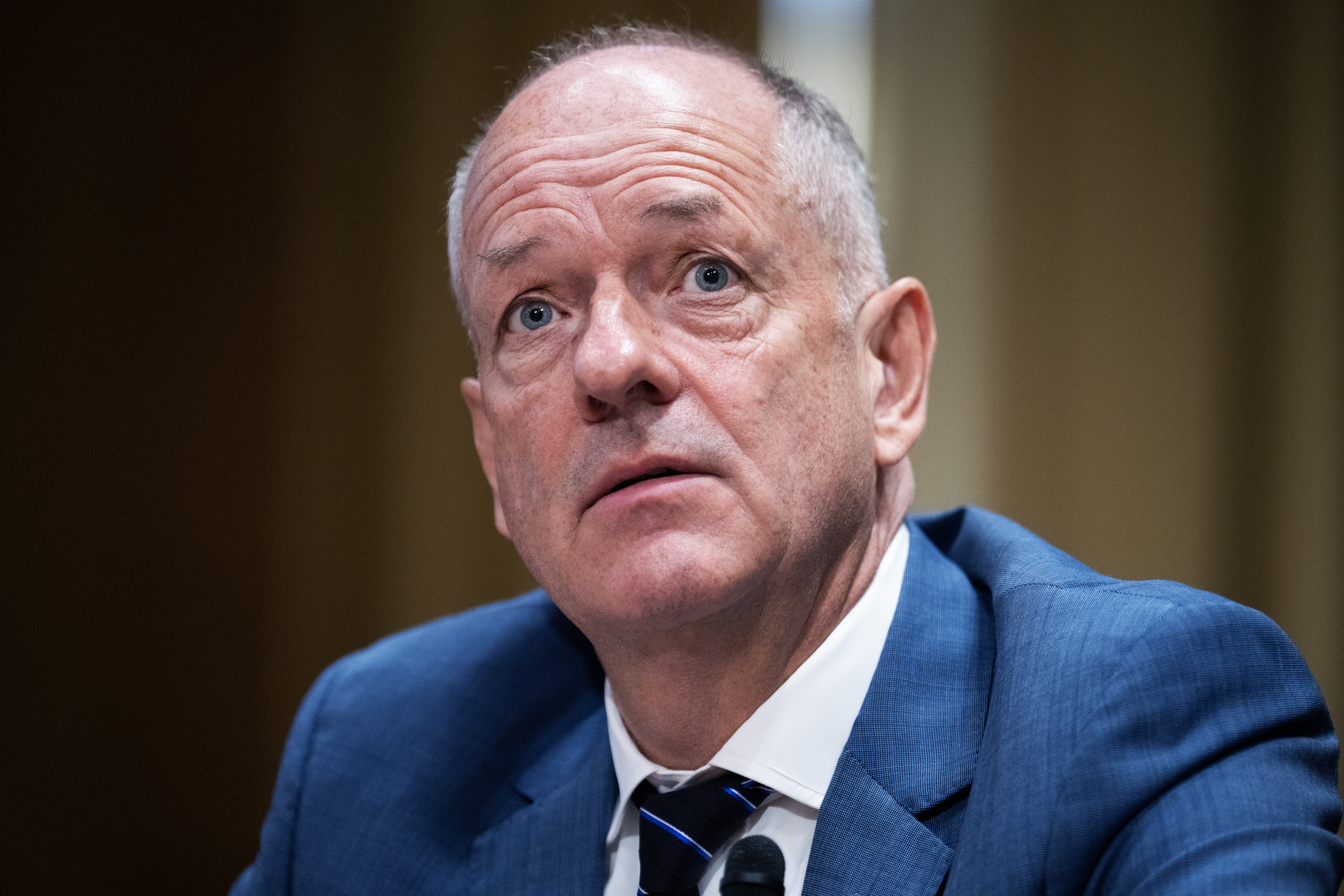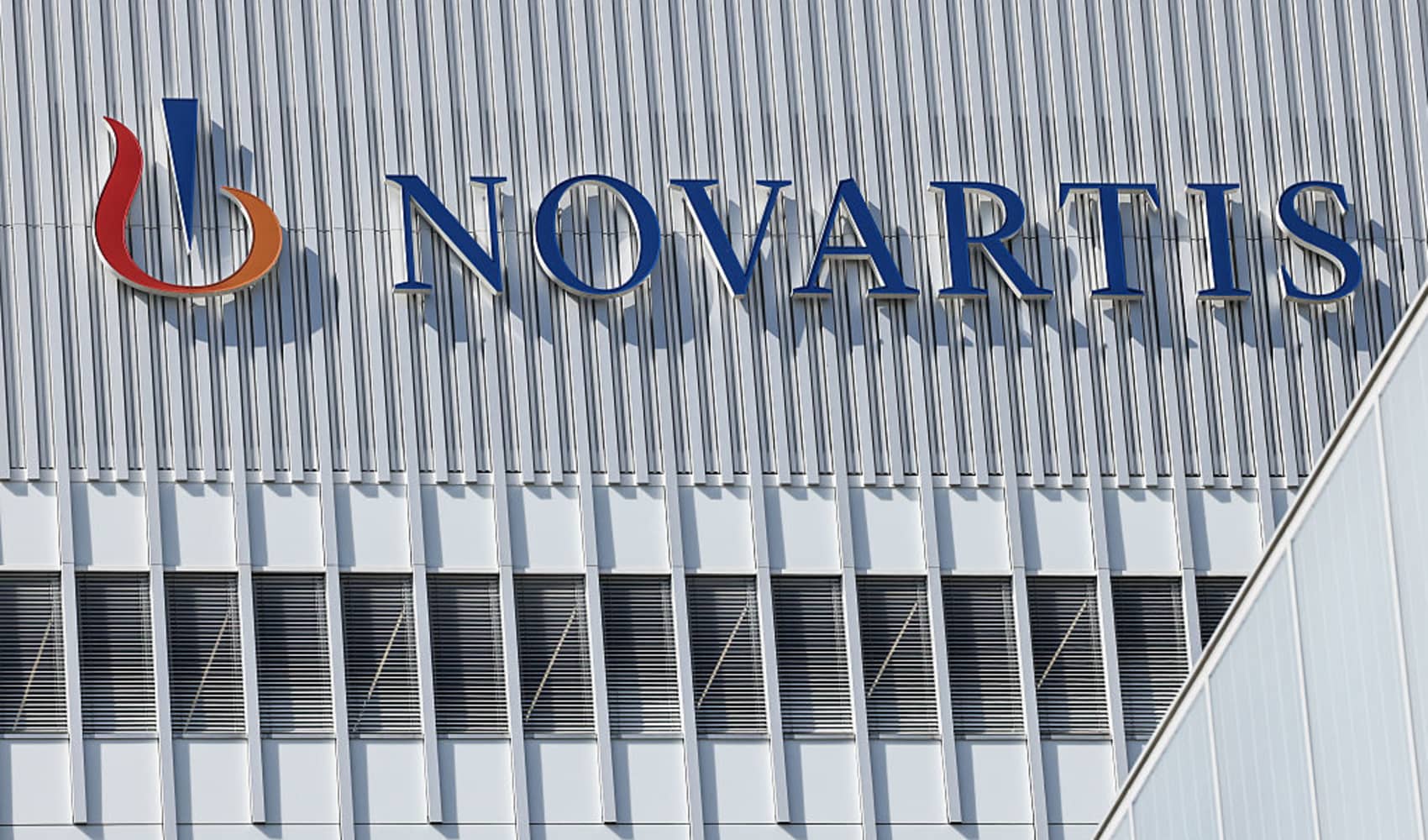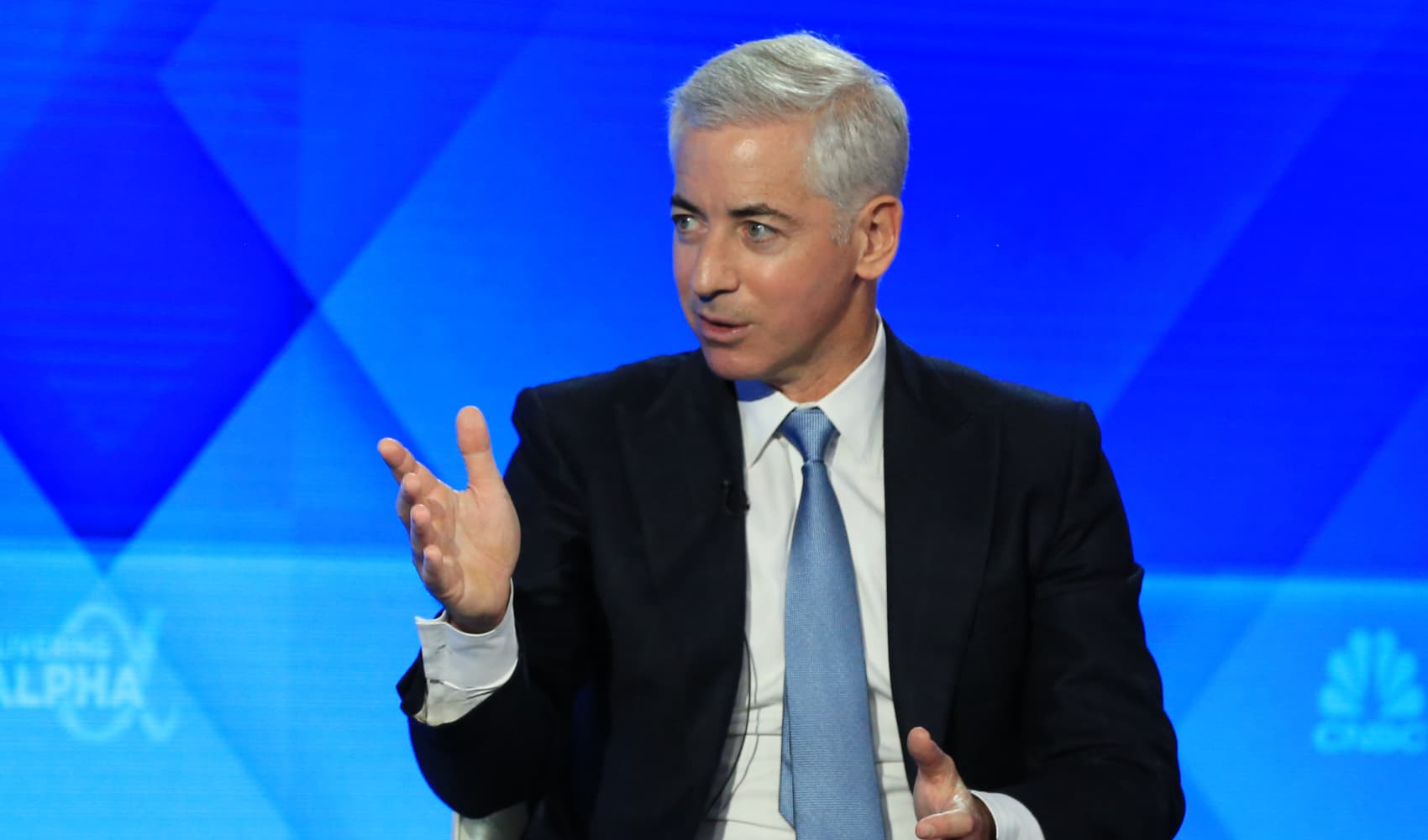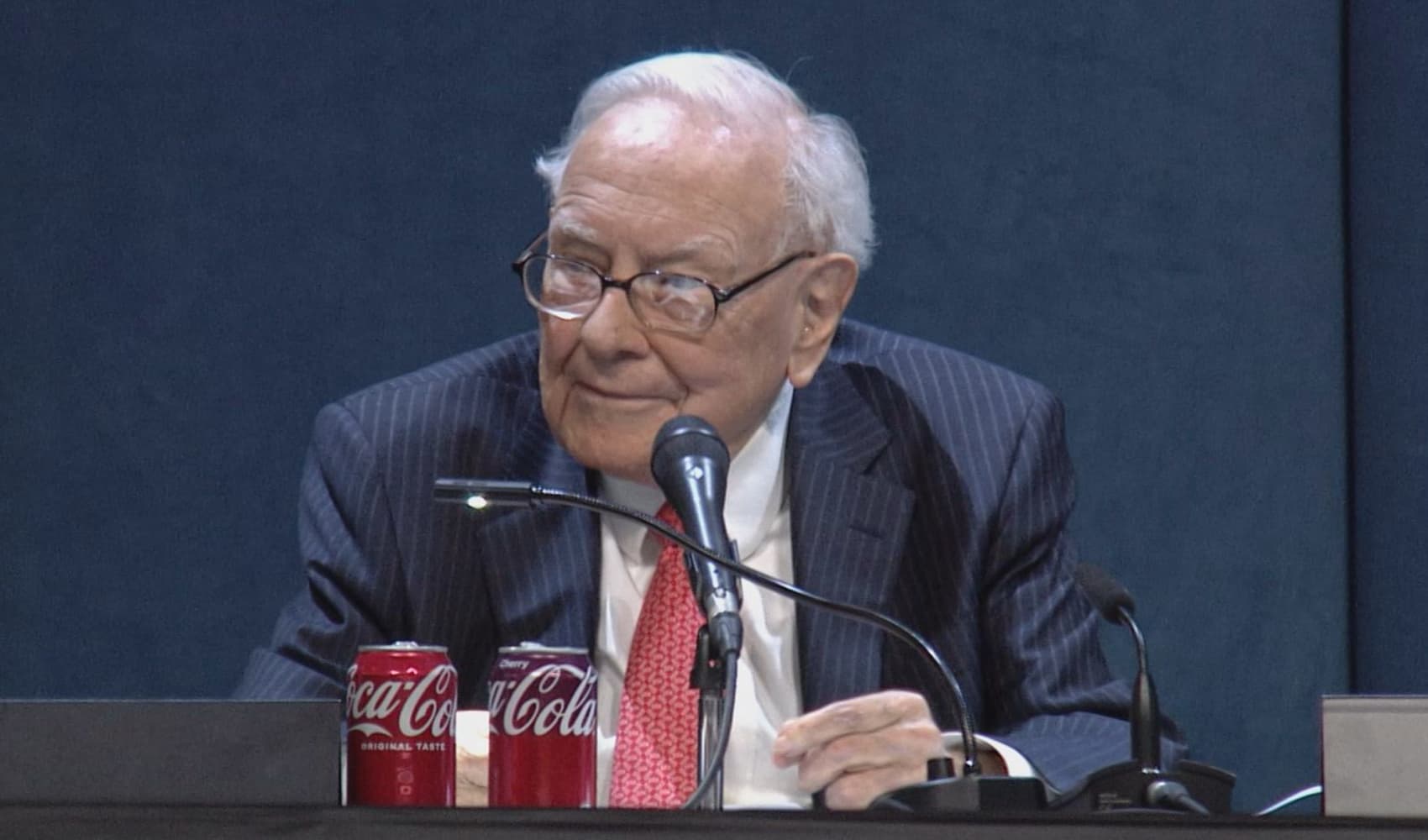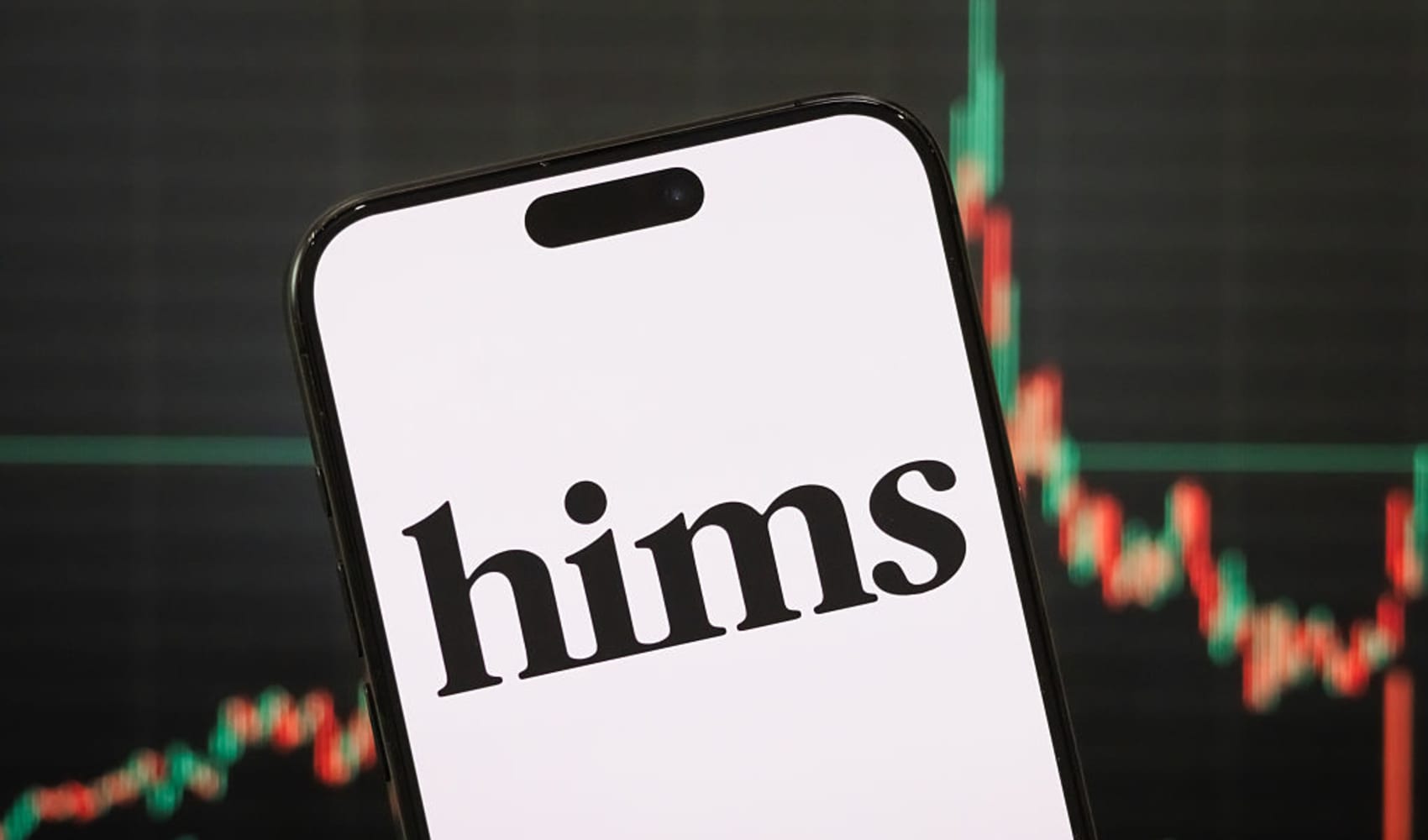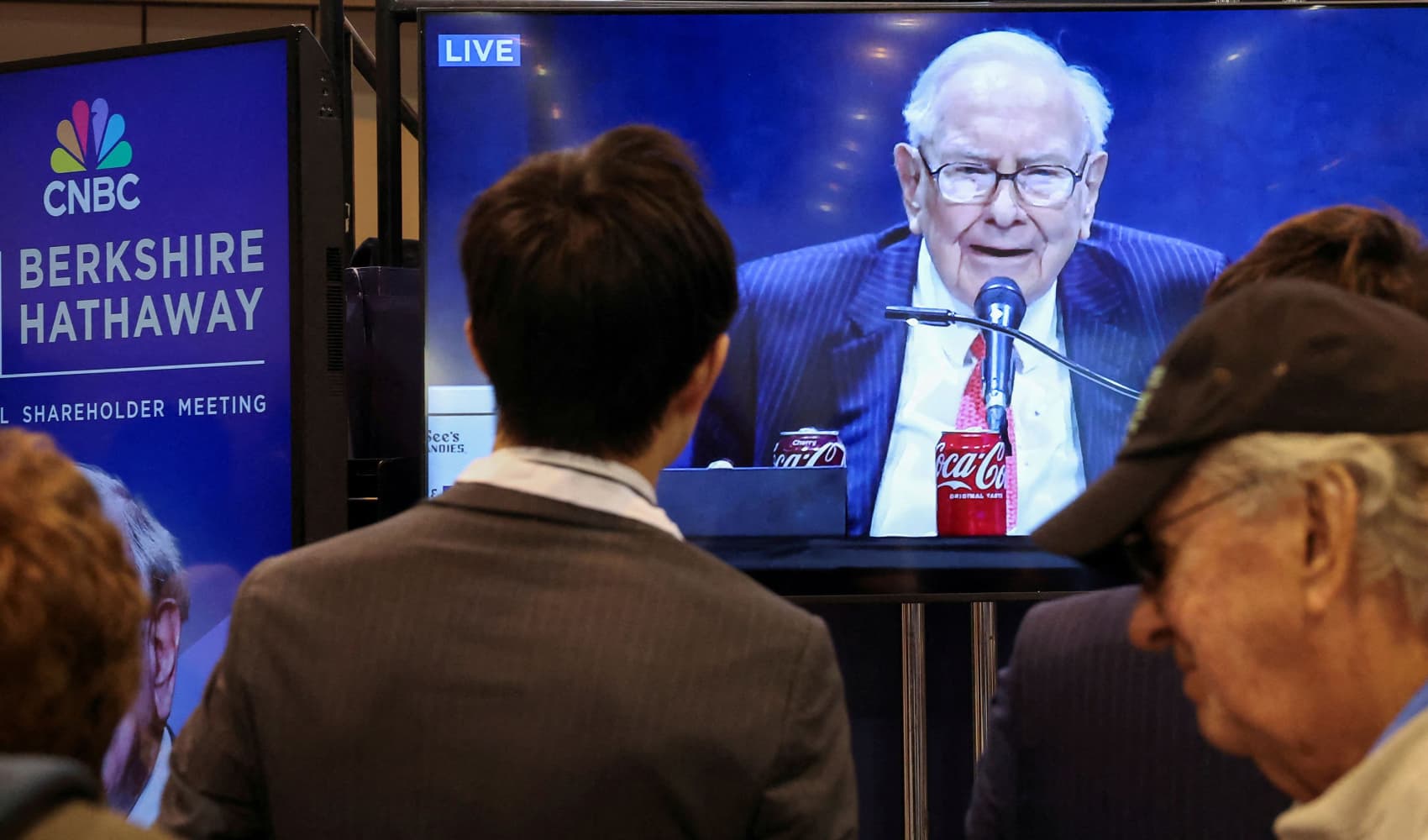Interview Killer: Ex-Visa HR Exec's Biggest Red Flag
Job Interview Killer: The Red Flag That Sinks Your Chances
Introduction: Decoding the Interviewer's Mind
Landing a job is tough, right? You've polished your resume, practiced your elevator pitch, and picked out the perfect outfit. But what if a single, seemingly small oversight could send your application straight to the rejection pile? Jolen Anderson, Chief People and Community Officer at BetterUp and a former Visa human resources executive, reveals her biggest interview red flag – and it might surprise you. It's not about stumbling over your words or forgetting a key accomplishment. It's something far more fundamental, something that speaks volumes about your work ethic and overall approach to opportunity. Are you ready to uncover this critical mistake and learn how to avoid it?
The Cardinal Sin: Interviewing Without Research
Anderson's number one red flag? A candidate who hasn't done their homework. This means failing to research the company, the role, and even the interviewer. It might seem obvious, but you'd be surprised how many applicants walk into an interview with only a vague understanding of where they are applying.
Why Research Matters: Beyond the Basics
Why is this lack of preparation such a deal-breaker? It's not just about knowing the company's mission statement or recent press releases. It's about demonstrating genuine interest, intellectual curiosity, and a proactive approach to problem-solving. Think of it like this: if you were going on a first date, wouldn't you want to know something about the person beforehand? The same applies to a job interview.
It Shows Interest in the Company
Anderson emphasizes that research "shows interest in the company." It signals that you're not just looking for any job, but that you've specifically chosen to apply to this organization. This demonstrates that you care about more than just a paycheck; you're invested in the company's mission and values.
Unveiling the Layers: What Does "Research" Really Mean?
So, what exactly constitutes "doing your homework"? It's more than just a cursory glance at the company's website. It's about digging deeper and understanding the nuances of the organization.
Company History and Values
Understand where the company came from, their major milestones, and their core values. This knowledge allows you to align your answers with their culture. How did the company start? What are they most proud of? What's their mission statement, and how does it translate into their daily operations?
Industry Landscape and Competitive Analysis
Knowing the company's place in the industry is crucial. Who are their competitors? What are their strengths and weaknesses? What market trends are impacting their business? Understanding the broader context helps you demonstrate a strategic mindset.
Products or Services
You should be able to articulate what the company sells or offers and how it benefits its customers. Even better, think about how you could contribute to improving their offerings. Have you used their products or services yourself? What were your impressions?
Recent News and Developments
Stay up-to-date on the latest company news, announcements, and press releases. This shows that you're engaged and actively following their progress. Has the company launched a new product? Have they announced any strategic partnerships?
Understanding the Interviewer's Role
Researching your interviewer is just as important as researching the company. Understanding their background, experience, and role within the organization allows you to tailor your responses and build rapport.
Decoding the Interviewer: How to Find the Intel
So, where do you find this crucial information? The internet is your friend! Here are some key resources:
- Company Website: This is the first place to start. Explore every page, from the "About Us" section to the "Careers" page.
- LinkedIn: Research the company and your interviewer. Look at their profiles, connections, and activity.
- Google News: Search for recent articles, press releases, and blog posts about the company.
- Glassdoor: Get insights into employee reviews, salary information, and interview questions.
- Social Media: Follow the company on social media platforms like Twitter, Facebook, and Instagram to stay up-to-date on their latest activities.
Beyond the Data: Showing Genuine Interest
Remember, research isn't just about memorizing facts and figures. It's about demonstrating genuine interest and a proactive approach to learning. How do you convey this during the interview?
Ask Informed Questions
Prepare thoughtful questions that show you've done your research and are genuinely curious about the company. Don't ask questions that can be easily answered by a quick Google search. Instead, ask questions that delve deeper into the company's strategy, culture, or future plans.
Connect Your Skills to Their Needs
Demonstrate how your skills and experience align with the company's needs and goals. Use specific examples from your past to show how you can contribute to their success. Don't just say you're a good team player; provide an example of a time when you successfully collaborated with others to achieve a common goal.
Show Enthusiasm
Let your enthusiasm shine through! Express your genuine excitement about the opportunity and the company's mission. Passion is contagious, and interviewers are more likely to hire someone who is genuinely excited about the role.
Short Stints and the "Consistency" Factor: Addressing Resume Concerns
While interview preparation is crucial, Anderson also mentions resume red flags. Short stints at previous jobs can raise concerns about consistency and commitment. So, how do you address this in an interview if it's part of your history?
Be Prepared to Explain
Don't shy away from addressing short stints. Have a concise and honest explanation for why you left each position. Focus on what you learned and how those experiences have prepared you for the current role. Honesty and a forward-looking perspective are key.
Highlight Accomplishments
Even if your tenure was short, highlight your accomplishments and contributions. Quantify your impact whenever possible to demonstrate the value you brought to the organization. Did you increase sales by a certain percentage? Did you streamline a process that saved time or money?
Quantifiable Impact: Showcasing Your Success
Speaking of accomplishments, Anderson emphasizes the importance of "a clear articulation of impact" or quantifiable proof of your success. Numbers speak louder than words. Use the STAR method (Situation, Task, Action, Result) to structure your responses and highlight the impact you had in previous roles.
The Takeaway: Preparation is Key to Interview Success
Ultimately, avoiding Anderson's biggest red flag comes down to thorough preparation. By researching the company, the interviewer, and the role, you demonstrate genuine interest, intellectual curiosity, and a proactive approach to opportunity. This, combined with addressing any resume concerns and showcasing your quantifiable impact, will significantly increase your chances of landing your dream job.
Conclusion: Ace the Interview and Land the Job
So, what's the bottom line? Jolen Anderson's red flag – lack of research – is a powerful reminder that landing a job requires more than just qualifications. It demands genuine interest, proactive preparation, and the ability to connect your skills with the company's needs. By doing your homework, asking informed questions, and showcasing your impact, you can demonstrate that you're not just a qualified candidate, but the *right* candidate. Remember, preparation is not just about avoiding mistakes; it's about creating opportunities to shine.
Frequently Asked Questions
- What if I can't find much information about the interviewer online?
- How much research is "enough"? Is there a point where I'm over-prepared?
- What if I'm interviewing for multiple companies at the same time? How can I manage the research workload?
- Should I mention something I disagree with or find concerning about the company during the interview?
- What's the best way to follow up after the interview to reiterate my interest and research?
If you can't find much online, focus on researching their department or team. You can also ask insightful questions during the interview that show you're interested in their role and responsibilities.
Aim for comprehensive, but not obsessive. Focus on understanding the company's mission, values, and recent news. Being too robotic or overly rehearsed can come across as insincere. Balance preparation with authenticity.
Prioritize companies you're most interested in. Create a system for organizing your research notes. Focus on key information that's relevant to the specific role you're applying for. Time management is crucial!
Approach with caution. If you have concerns, frame them as thoughtful questions or opportunities for improvement. Avoid being overly critical or negative. Focus on solutions rather than problems.
Send a thank-you email within 24 hours. Briefly reiterate your interest in the role and mention something specific you learned during the interview that resonated with you. This shows you were engaged and paying attention.

